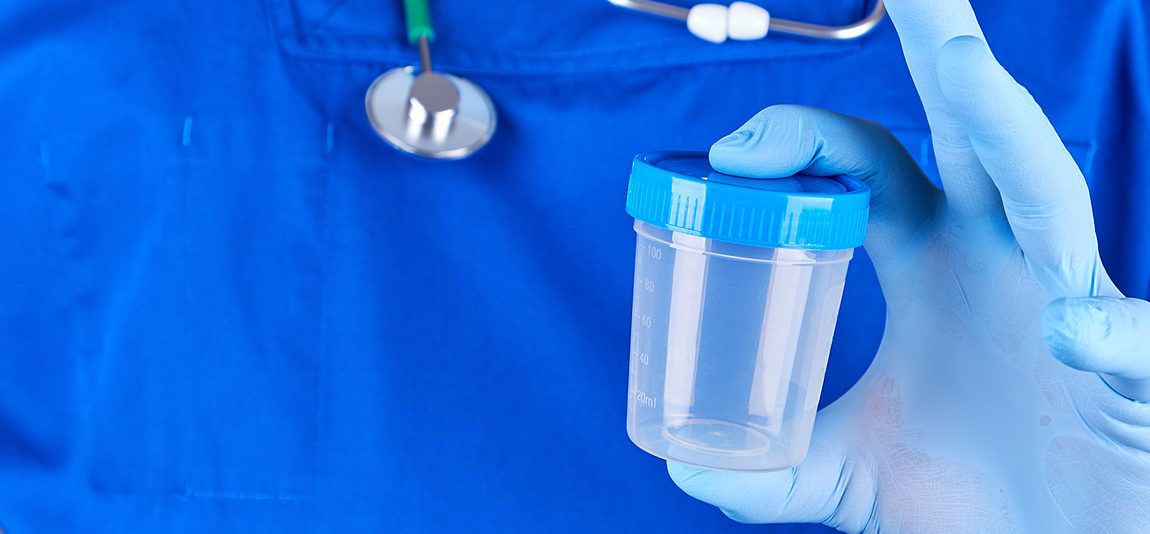UK healthcare leader Richard Meddings to chair Birmingham Health Partners
Richard Meddings CBE, the former chair of NHS England, has been appointed Chair of Birmingham Health Partners – signifying the importance, ambition and leadership of the second city’s NHS-university partnership. Richard will take up his role from October 1st 2025.
Richard completed a three-year term at NHS England until March 2025. During his tenure, he oversaw the reorganisation which led to NHS Improvement, NHS-X and Health Education England merging into NHS England, which reduced costs and placed more funding directly into patient care. Additionally, the first NHS Long Term Workforce Plan was delivered and Integrated Care Boards formally established.
Alongside his NHS England role, Richard was a non-executive director at Genomics England – established by the UK Government to bring genomic medicine into routine NHS care and transform diagnosis and treatment of cancer and rare conditions.
Originally from Wolverhampton, Richard moved into healthcare leadership after a 30-year career in financial services and banking, where his senior executive roles included Group Executive Director at Standard Chartered, following finance director roles at the Woolwich and Barclays. He has served in non-executive board roles for numerous organisations including Legal & General, Deutsche Bank, Credit Suisse and TSB Bank, as well as seven years on the Board of HM Treasury.
Commenting on his appointment, Richard said: “Today’s NHS is a remarkable machine, providing record levels of care, and it has been humbling and inspiring to witness that front-line work in action. In tandem, research innovations are coming thick and fast which will enable us to be more proactive with patients, address capacity issues and harness the power of new technology. Nowhere are these opportunities greater than in my native West Midlands, making it a very exciting time to join BHP.”
Professor Sir Bruce Keogh, Chair of Birmingham Women’s and Children’s NHS Foundation Trust, said: “Richard brings gravitas, wider connections and additional vision to Birmingham Health Partners. BHP’s member organisations will benefit greatly from his deep understanding of the NHS and the promise that Birmingham’s national genomics programme offers to our population, the regional life science industry, and the future of medicine.”
Dame Yve Buckland, Chair of University Hospitals Birmingham NHS Foundation Trust, said: “Richard’s leadership experience, skills and insights will be invaluable to our important collaboration and the opportunity we have to advance new treatments, diagnostics, and technologies to improve the health and care of our communities – which include some of the most challenged in the country.”
Sir David Nicholson, Chair of Sandwell and West Birmingham NHS Trust, said: “It is tremendous to welcome Richard back to the West Midlands. Birmingham is a UK leading centre hosting one of the most substantial Government investments in research via the National Institute for Health and Care Research (NIHR) amongst others. Our work in health data, addressing health inequalities and optimising clinical trials is already improving healthcare. It is an exciting time across our partnership.”
Professor Neil Hanley, Executive Director of Birmingham Health Partners and Pro-Vice Chancellor and Head of the College of Medicine & Health at the University of Birmingham: ‘I am absolutely delighted we have persuaded Richard to become our next chair of Birmingham Health Partners. Combining business and financial acumen with his experience at the helm of NHS England, he will give us a unique perspective on the opportunities presented by the NHS 10-year plan and Life Sciences Sector Plan. We’re delighted to have him join our Board.”
BHP, established in 2015, is a strategic alliance between nine University and NHS members who collaborate to deliver groundbreaking translational research, world-class education and training, and the highest quality patient care.






